Net-zero homes are not connected to the electrical grid and produce as much energy as they consume. There are several ways to achieve net-zero status for a home, but the most common is solar panels and other forms of renewable energy. Solar panels can generate electricity, which can then power the home. Other forms of renewable energy, such as wind power or hydropower, can also be used to generate electricity. The key is to produce enough renewable energy to offset the home’s total energy consumption. Achieving net-zero status for a home is becoming increasingly important as the world looks to reduce its reliance on fossil fuels and combat climate change. Many countries have set goals to achieve net-zero carbon emissions by 2050. Net-zero homes are a crucial part of achieving this goal, as they help reduce energy consumption and greenhouse gas emissions.
There are several benefits to owning a net-zero home. Perhaps the most obvious benefit is that you will save money on your energy bills. But there are also environmental benefits to consider. You will reduce your carbon footprint and combat climate change by producing renewable energy. If you’re interested in learning more about net-zero homes or thinking about building yourself, there are several resources available.
A net-zero home may be the way to go if you’re looking for a more efficient, ecological place to live. Many governments worldwide are considering implementing net-zero construction criteria into residential building rules, and it appears to be the way of the future.
What Exactly Is a Net-zero House?
A net-zero home is a type of residential building in which the production of renewable energy on-site balances the annual energy consumption. A net-zero home produces as much energy as it consumes, resulting in a zero net energy purchase from the local hydro company. It’s a relatively new concept gaining traction as people grow increasingly interested in having a more comfortable and robust home while also saving money for themselves as homeowners.
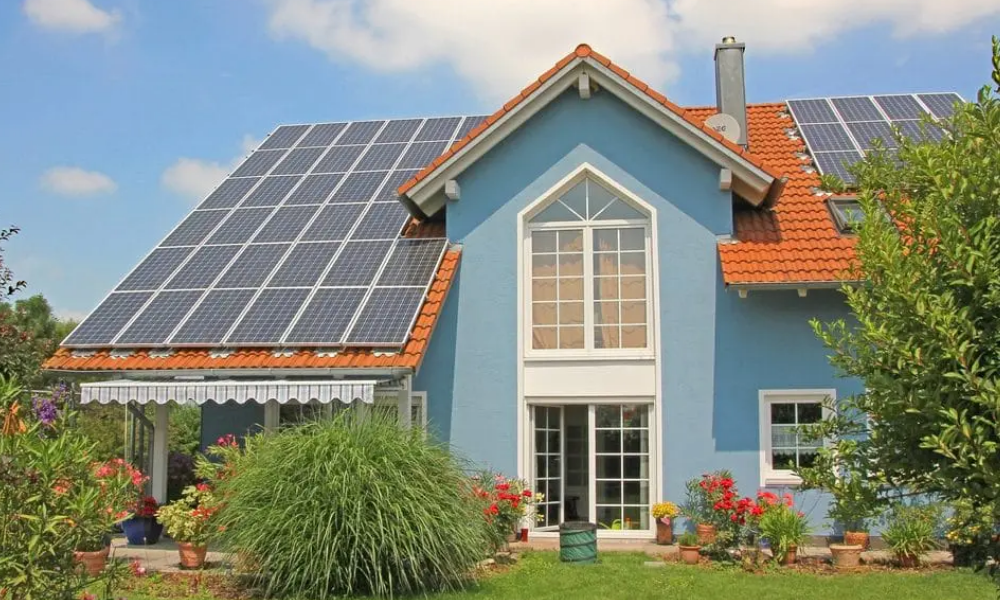
What Makes a Home Energy-neutral?
Keeping your home net-zero is to keep your energy consumption low to generate enough power to meet your demands. It’s difficult, but not impossible:
1. net-zero homes are up to 80% more energy efficient than traditional homes; they require less energy.
2. Passive heating is when they are orientated to take advantage of the sun’s warmth and light.
3. They’re also designed to be highly airtight and insulated with extra layers to keep heat in during the winter and keep it out during the summer.
4. HVAC systems, appliances, and other electrical devices with high-efficiency assist reduce energy use.
5. Homeowners also carefully regulate their energy consumption, paying attention to how energy is consumed throughout the house.
On-site energy generation in net-zero houses can produce as much energy as the household consumes in a year.
How Do Net-zero Houses Generate Electricity?
Although no two net-zero homes are identical, they all have renewable energy sources. Solar photovoltaic panels are commonly used to generate energy for lights, heating and cooling systems, hot water, and appliances. Solar energy can be stored in a battery and used later, or it can be sent into the local power grid and sold to the local hydro company.
High-efficiency heating and cooling technologies, such as air-source and ground-source heat pumps, are also used in net-zero homes. In the winter, air-source heat pumps bring in outside air and warm it, while in the summer, they pull warm air outside the house to keep it cool.
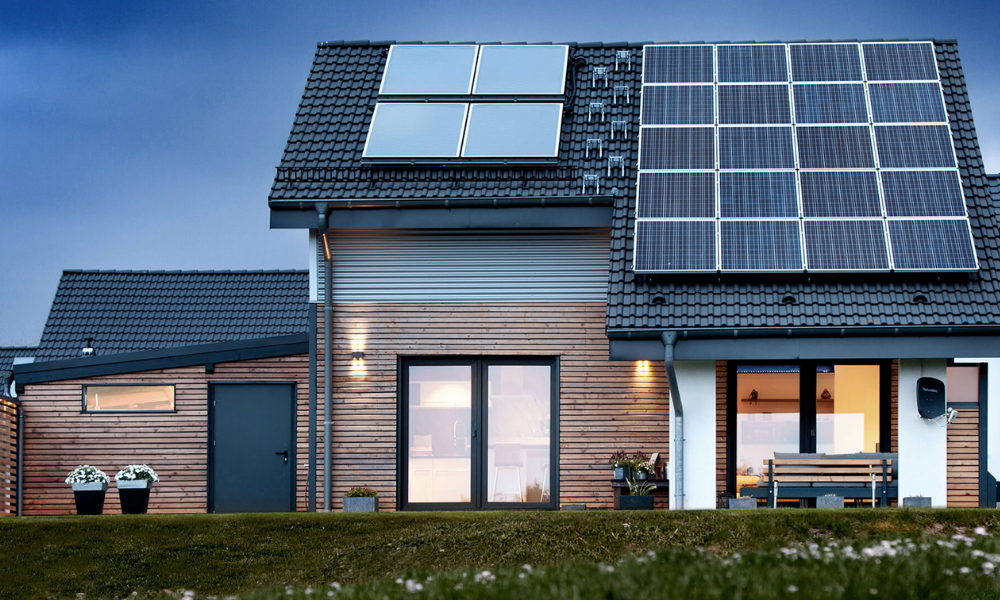
How Does It Feel To Live in a Net-zero House?
Net-zero homes are often highly comfortable for their owners. On the coldest days, a home with high-efficiency windows and insulation feels cozy without requiring much energy.
Heat is better diffused throughout the house with proper insulation. You won’t get draughts in a net-zero home. Air leaks are checked to ensure outside air doesn’t affect internal temperatures. Energy recovery ventilators are also used to warm or cool incoming fresh air.
Is It True That Net-zero Homes Are “Off-the-grid”?
A net-zero house can still be connected to the power grid, allowing it to satisfy varying household energy demands throughout the day and year. Connecting to the grid, for example, allows homes to use electricity from their local hydro business when solar production is low, during emergencies, or when energy devices require maintenance or repair.
Is It Possible to Adapt an Existing Home to Become Net-zero?
The net-zero notion isn’t just for new construction, and it is possible; however, it will necessitate some forethought and adjustments to traditional remodelling methods. Renovations include:
- Improving existing insulation levels to exceed code standards.
- Orienting windows to work with the sun.
- Redesigning HVAC systems to be as efficient as possible.
- Installing the best energy-generating technology for the building and its location follows the same principles as net-zero new homes.
What Does It Mean to Be Net-zero Ready?
Simply put, it’s a net-zero house that doesn’t generate electricity. It’s so efficient that once renewable energy generation is deployed, it may be net-zero. It’s a sign for potential homeowners that a home is up to 80% more energy efficient than the conventional building code.
A net-zero-ready home is a home that is designed and built to transition to being a net-zero energy home quickly. A net-zero-ready home is built with energy efficiency and includes high-efficiency windows, insulation, and air sealing features. Net-zero-ready homes also incorporate renewable energy technologies, such as solar panels, into their design.
Conclusion
With modern heating technologies and lower-cost renewable energy systems, any home may achieve net-zero energy.
The following stages tend to show themselves naturally once you’re on your way to net zero. It’s up to you how swiftly you walk along the path; the important thing is to keep moving. Regardless of your timeline, each project is an opportunity to improve your home’s energy efficiency. With this in mind, devise a strategy that analyses the most cost-effective mix of house renovations within your budget and makes each one contributes to your ultimate objective of a home that generates as much energy as possible.
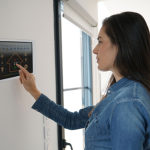


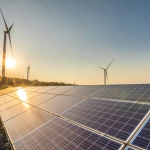
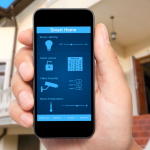

Leave a Reply